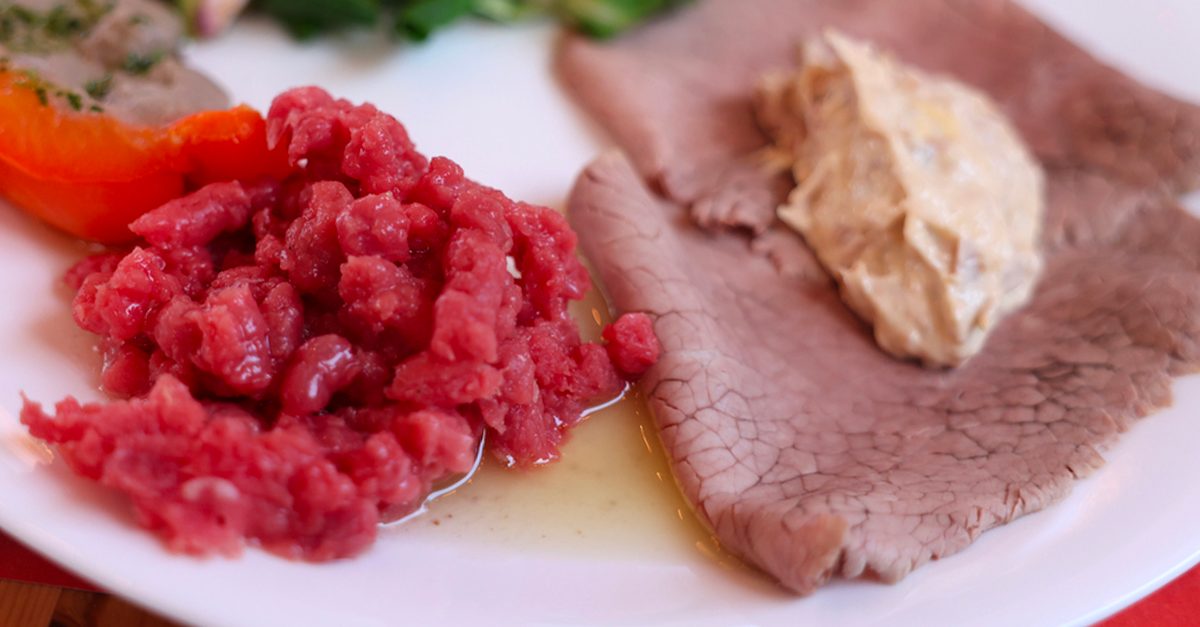5 Differences Between Pecans and Walnuts
Apart from the taste, what’s the difference between pecan nuts and walnuts? Both nuts are full of healthy fats, but there are a few differences between them.

Apart from the taste, what’s the difference between pecan nuts and walnuts? Both nuts are full of healthy fats, but there are a few differences between them.
1. APPEARANCE

Pecans are darker than walnuts, and are small, oblong and almost flat when removed from the shell.
Walnuts have a pale golden brown or yellowish color once removed from their shells, and are easily crumbled or ground, unlike pecans.
2. ENERGY INTAKE

A one-ounce serving of Pecans contains around 200 calories, and has more than a quarter of healthy mono and polyunsaturated fats that you should consume every day.
An ounce of Walnuts has slightly fewer than 200 calories, but the same amount of “good” fats and omega 3 fatty acids.
3. PROTEIN INTAKE

Pecans contain around 5 percent of protein intake in each serving, while Walnuts contain almost double the amount than pecans, being one of the most protein-dense nuts accessible.
4. MINERAL AND VITAMIN CONTENT

Pecans are rich in zinc, magnesium, potassium, and vitamins A, B, and E.
The mineral content of Walnuts is not as diverse or impressive as with pecans, but they contain higher levels of B vitamins – particularly thiamine – than pecans.
5. TASTE

Even if Pecan nuts have slightly more dietary fiber and sugar, Walnuts taste slightly sweeter. Pecans have a more bitter taste, and there is more of a waxy texture on the outside skin.
If you are allergic to pecans, the symptoms will appear in the first hour, and include hives, nausea, vomiting, dizziness, sweating and anaphylaxis. The symptoms of a walnut allergy are almost equal.
9 Nut Facts You Probably Didn’t Know
• Walnuts are the oldest known tree food, dating back to 10,000 BC
• Cashew nut shells are toxic and can’t be eaten. Cashews belong to the same plant family as poison ivy and poison sumac.
• Macadamia nuts are never picked. They are taken from the ground after falling from the tree. Their shells are the hardest, taking over 300 psi of pressure to crack open.
• Peanuts aren’t actually nuts – they’re legumes
• Macadamia nuts are poisonous to dogs
• Almonds can be refrigerated for up to two years. This is due to them being rich in vitamin E
• Chestnuts contain around 20 percent of vitamin C
• There are six cities in the U.S. named Peanut
• The ancient Greeks believed hazelnuts could treat baldness
;Resize,width=767;)
;Resize,width=712;)
;Resize,width=712;)
;Resize,width=712;)
